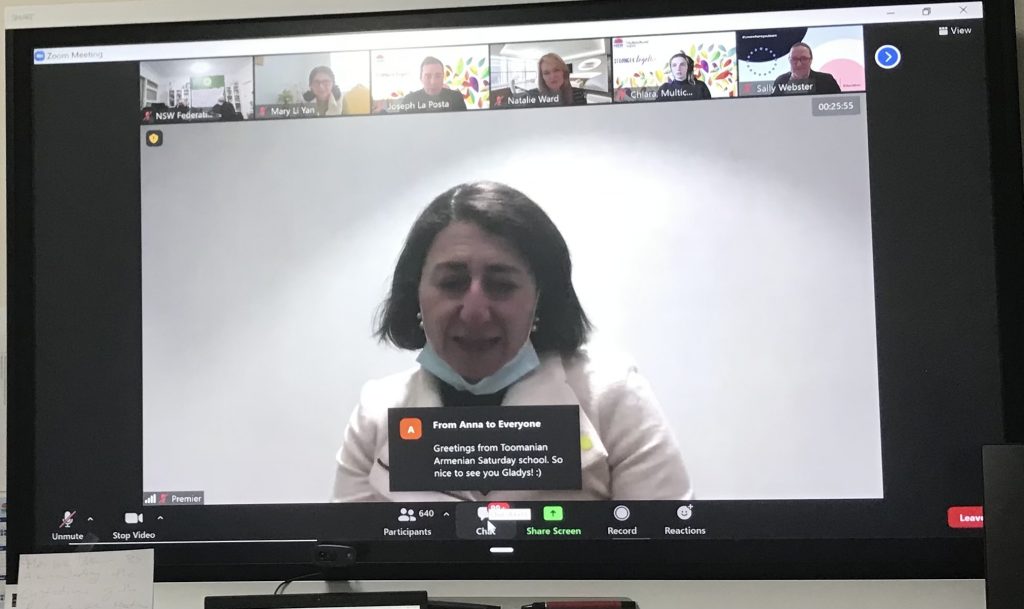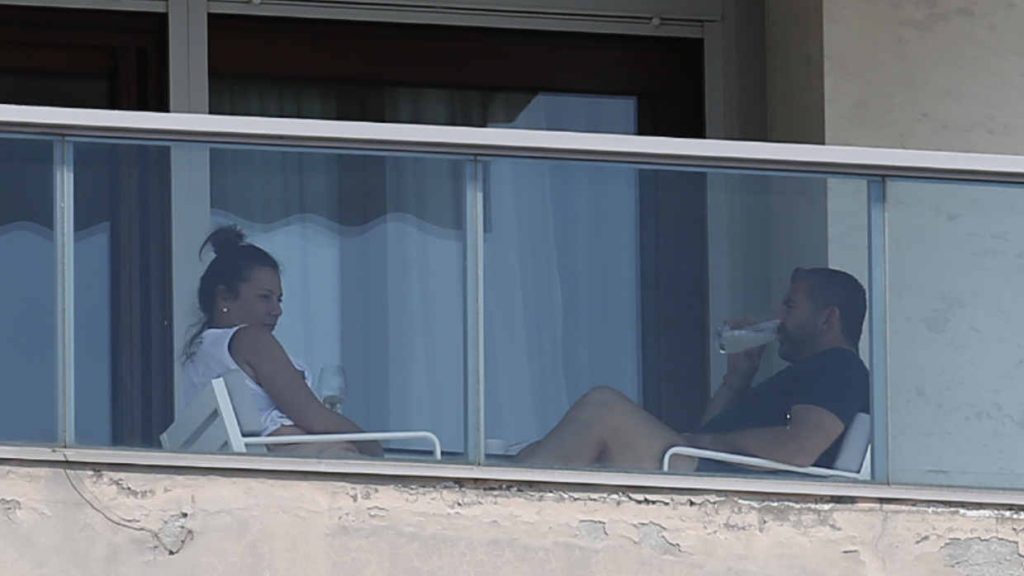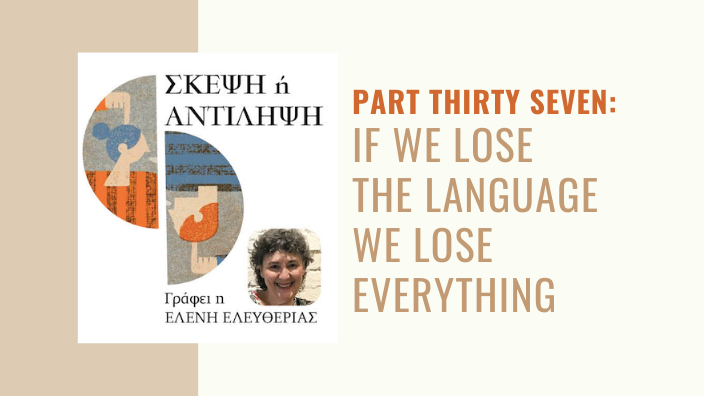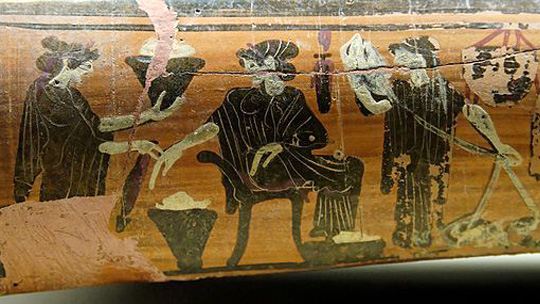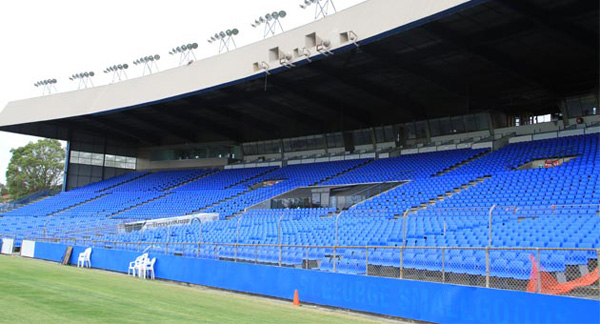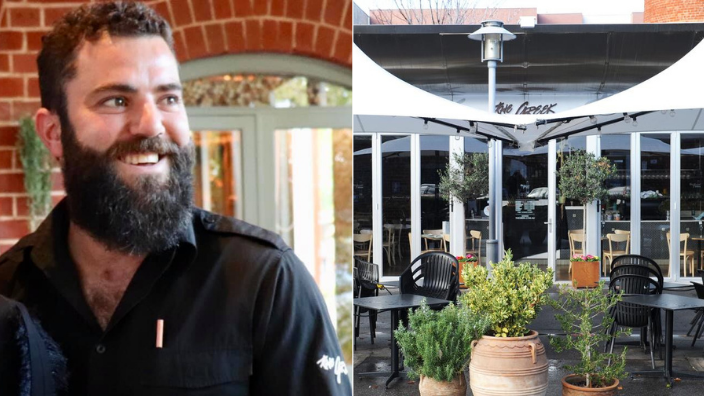Christina Vithoulkas is one of South Australia’s most followed influencers as she’s regularly seen posing for selfies, perhaps in her underwear, often in delightful holiday locations.
But one thing you’ll never see in Christina’s photos, not since September 2018 at least, is the 26 year-old on her feet. That’s because she became a paraplegic when a jump on her dirt bike went horribly wrong, The Advertiser reports.
‘I knew instantly I’d been paralysed’:
It was supposed to be a fun day back in the Riverland, with Vithoulkas’ twin sister, Irene, and some friends. Vithoulkas had been living in Victoria, working as supervisor of a traffic control crew at Shepparton, and living with her then-boyfriend (and later fiance) and his parents.
It was a new jump, in a new park in Morgan, and she’d never been on it before. On her first run on her Kawasaki 450, it all went wrong. Accelerating up the ramp she tells The Advertiser she was a little slow, and after soaring across the 55ft space, missed her mark.
What happened next was a shock.
“It was my misjudgment… I came up a little short, hit the top of the table top, and my legs were thrown up in the air,” she tells The Advertiser.
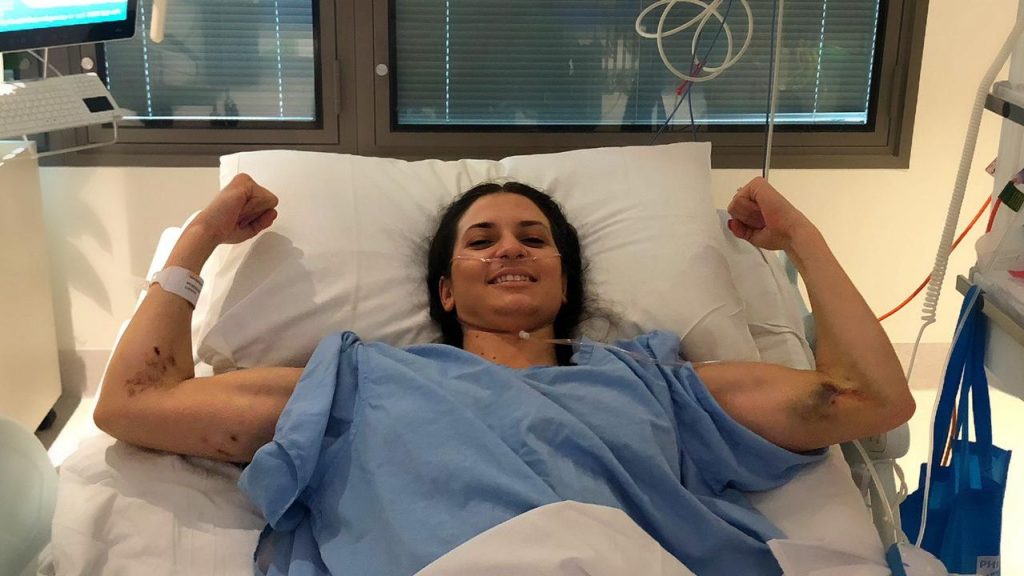
Off the bike, she landed on her head, and the force of the impact snapped her spine over so that her backside hit her skull. She was unconscious for about five minutes.
“I knew instantly I’d been paralysed,” Vithoulkas says of her first thoughts when she came to. “I knew I’d done a good job of it this time. I wasn’t quite, like scared or anything. I just knew my life had completely changed.”
According to the SA media outlet, Vithoulkas spent three days in intensive care with fractured ribs, a torn spleen, fractured skull, a neck fracture and various other injuries. She had 12 screws and two rods placed in her back. But a permanently damaged T5 vertebrae in the middle of her back left her a paraplegic, unable to walk but with use of her arms.
Transferred to Victoria’s Royal Talbot Rehabilitation Centre, she was determined to be their speediest patient ever. Vithoulkas was gone in seven and a half weeks.
‘I want to normalise disability’:
This determined spirit has always been a part of Vithoulkas. Growing up in a small vineyard in Barmera in the Riverland with her parents, Maria and Jim, and sister, she never let anything get in the way of her passion for riding dirt bikes on the family property.
“I’m very stubborn,” she says. “I lived and breathed it. I would ride three times a week, sacrifice my weekends and studies. Riding just took over my life.”
Vithoulkas even raced in motocross competitions and freestyle motocross, an individual event where riders at her level accelerate up a metal ramp, jump a 55ft gap (17.7m), and land on a dirt ramp. Crashes were common but still none were as impactful as that fateful crash in September 2018.
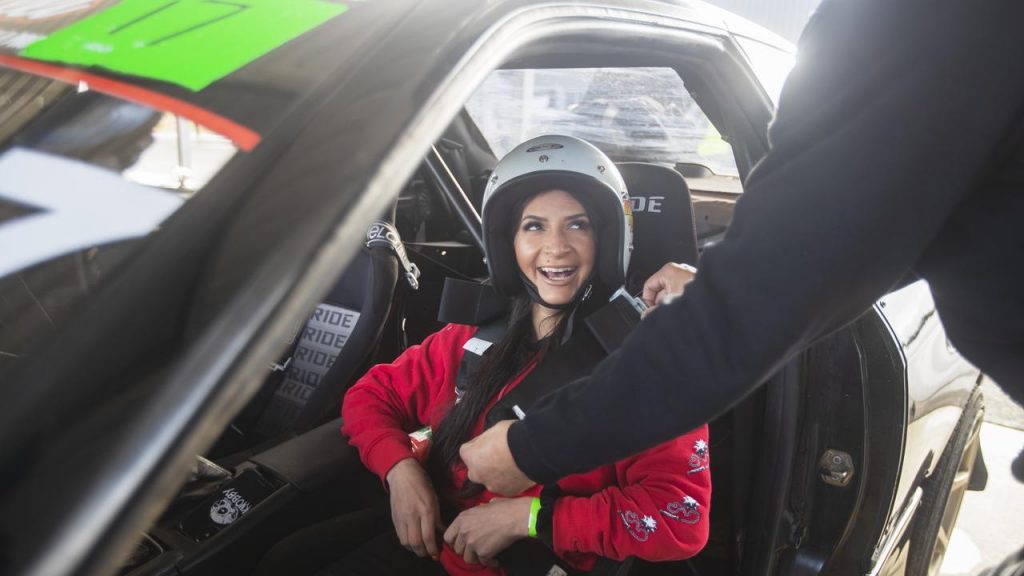
The other thing you won’t see is Vithoulkas looking sorry for herself. And that is because, despite the loss of feeling and movement below her chest, she doesn’t accept that her life is worse. What you do see, though, is more than you may ever want to know about the nitty-gritty of what it is like to be disabled.
“I realised that what I needed was to get back on the bike to make me happy,” she says. “That’s why I don’t regret what I did, because getting back on the bike was the best thing for me to get out of that rut.”
Her father was concerned. “My dad and I actually had this conversation about being paralysed – you know, ‘what happens if you end up in a wheelchair?’. And I was like, I’m not going to regret it. I’m doing exactly what I want to do; this is what makes me happy. And to this day I still have that same attitude. I do not regret anything, not even the day I went riding …”
Getting back on the road
She’d hoped to somehow get back on the bike, but while she can ride, she can’t be competitive with able-bodied riders. Drifting, she thinks, will give her a level playing field with other competitors – as well as get her heart racing again.
On the first corner of her first ride in a drift car, “I instantly knew that the feeling I got … was the exact same feeling I got on the dirt bike,” she says. “With drifting, I don’t have any expectations. But I know even if I’m the worst one out there, I will not stop till I’m at a competing level. If that takes me five years I’ll keep on going.”
Stubbornness is clearly a trait. It’s also helps maintain the positive attitude that sees her accident as a “blessing in disguise”.

“This was the best thing that could have ever happened to me because of the person I’ve turned into, the strength I’ve gained, the resilience, just everything about who I am right now,” Vithoulkas says.
“I loved that Christina before – she had a great life – I’m so glad I did what I did. But I want this Christina, this version of me. It’s just brought out the best in me and the way I live with my life and the way I go about my life. I don’t know how to explain it, I just live in a state of appreciation, to enjoy moments even more than I would before.”
Without the accident, she says she would probably have accepted a life that wasn’t as good as it could be. In a way she was paralysed mentally, unable to make changes, and the accident clarified her thinking.
“We service our cars every 10,000km, and I service my brain every week. What do I have to do this week to make me happier? What’s draining me, what’s not draining me.”
As Vithoulkas says, appearances can be deceptive.
Source: The Advertiser



